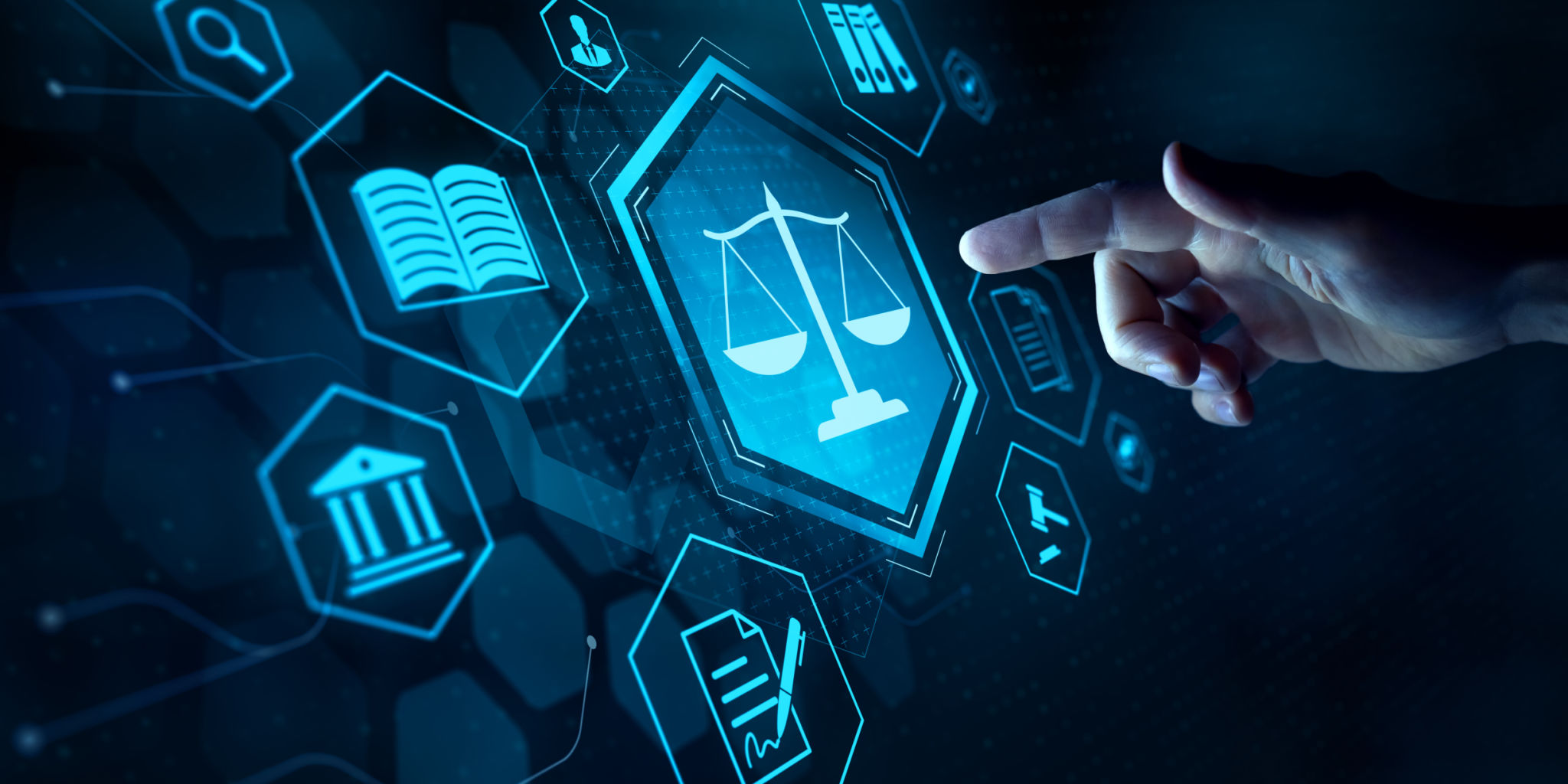Understanding Blockchain Legal Disputes: Key Challenges and Solutions
Introduction to Blockchain Legal Disputes
As blockchain technology continues to revolutionize various industries, it also brings about unique legal challenges. Understanding these disputes is essential for businesses and individuals involved in the blockchain ecosystem. This blog post will delve into the key challenges and solutions related to blockchain legal disputes, providing valuable insights for navigating this complex landscape.

Key Challenges in Blockchain Legal Disputes
Jurisdictional Issues
One of the primary challenges in blockchain legal disputes is determining jurisdiction. Since blockchain operates across a decentralized network that spans multiple countries, it becomes difficult to establish which legal system has authority over a dispute. This complexity can lead to prolonged legal battles and increased costs for the parties involved.
Smart Contract Enforceability
Smart contracts are self-executing agreements with terms directly written into code. While they offer efficiency and automation, enforcing smart contracts can be problematic. Legal systems around the world are still catching up with this technology, leading to uncertainties about their validity and enforceability in court.

Data Privacy Concerns
Blockchain’s inherent transparency and immutability pose significant data privacy concerns. Personal information stored on blockchain networks can be vulnerable to unauthorized access, leading to potential violations of data protection laws. Balancing transparency with privacy is a critical challenge for legal professionals working with blockchain technology.
Solutions to Blockchain Legal Challenges
International Legal Frameworks
To address jurisdictional issues, there is a growing need for international legal frameworks that provide clarity and consistency. Collaborative efforts among countries can help establish standardized regulations and foster cross-border cooperation in resolving blockchain disputes.
- Establish global standards for blockchain technology.
- Encourage international dialogue among legal experts.
- Create mechanisms for cross-border dispute resolution.
Adapting Legal Systems
Legal systems must evolve to accommodate smart contracts and other blockchain innovations. This includes updating existing laws and creating new regulations that recognize the unique characteristics of blockchain technology. Educating lawmakers and legal professionals about blockchain is crucial for effective adaptation.

Enhancing Data Privacy Measures
Implementing robust data privacy measures on blockchain networks is essential for compliance with data protection laws. Techniques such as encryption, anonymization, and permissioned blockchains can help safeguard personal information while maintaining the benefits of blockchain's transparency.
- Use advanced encryption methods to protect data.
- Adopt anonymization techniques for sensitive information.
- Explore permissioned blockchains for controlled access.
Conclusion
As blockchain technology continues to evolve, so too will the legal challenges associated with it. By understanding these challenges and exploring potential solutions, stakeholders can better navigate the complexities of blockchain legal disputes. Embracing international cooperation, adapting legal systems, and enhancing data privacy measures will be vital in creating a conducive environment for blockchain innovation.
